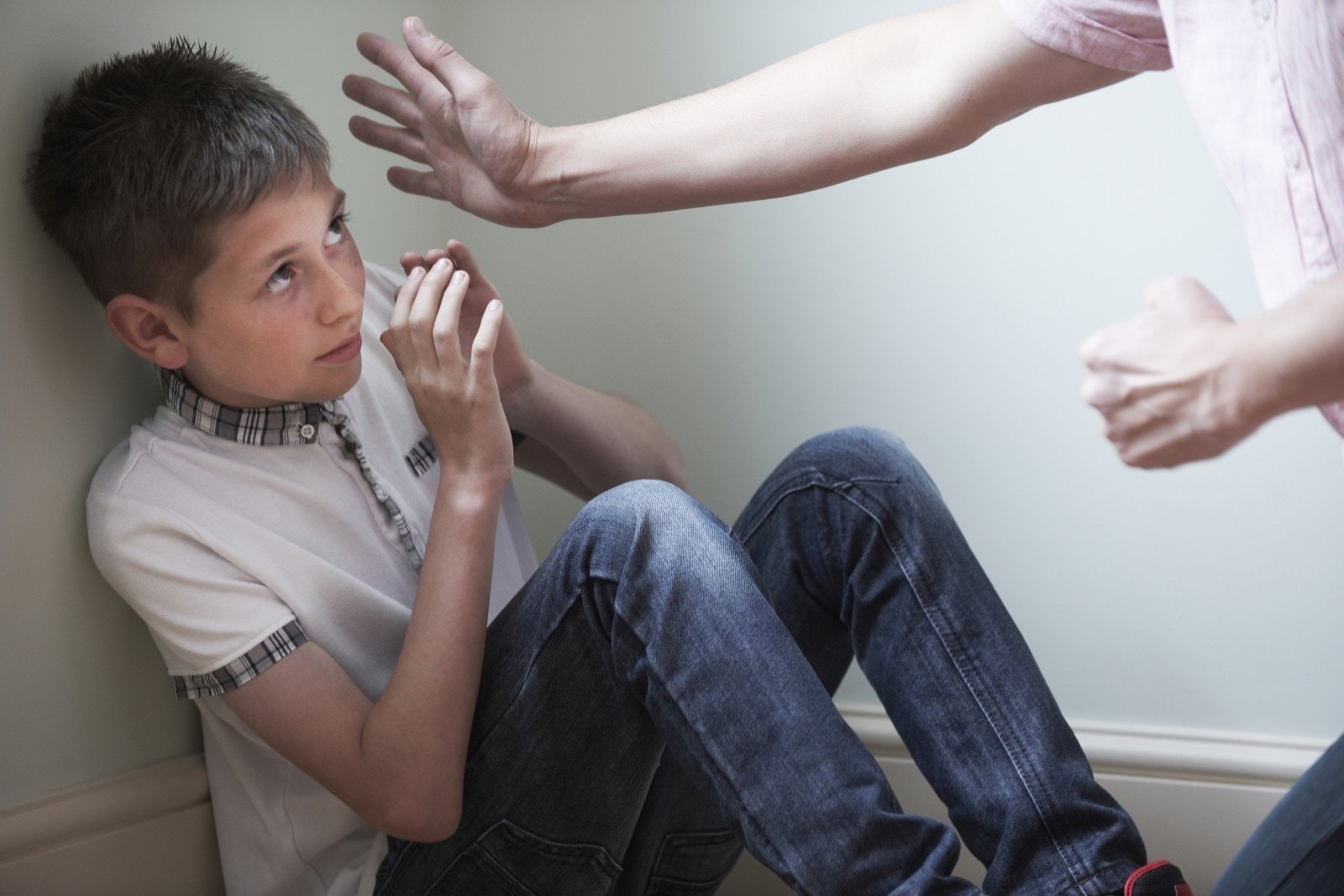Warning signs and ways to help your child fight violence at school
Violence is part of the world. Home and school should be safe havens for children.
Warning signs
Early warning signs will help parents and schools address a child's needs before problems escalate.
If parents notice the warning signs below, talk to their children about any problems they are having. Any significant changes in their child's behavior also need special attention.
- Children feel lonely and abandoned.
- Children cannot control their anger.
- Children express violence in words or drawings.
- Children are cruel to animals.
- Children often fight.
- Children watch a lot of violent programs or play a lot of violent video games.
- Children using drugs or alcohol

Early warning signs will help parents and schools address a child's needs before problems escalate.
How to reduce violence at home
Spending time with your child will help you build a loving relationship with them. This will also help your child feel secure and safe. Here are some things parents can do at home to prevent child abuse.
- Maintaining support and love for children is the right thing to do. Parents should spend more time with their children.
- Parents can reinforce their children's positive behavior with frequent praise.
- Parents need to help children build self-esteem. Children will feel good about themselves when they can stand up for themselves in difficult situations in life.
- Instead of spanking or doing things that affect the child's body, you can choose alternative measures such as giving consequences or taking away a privilege.
- Learn to be patient with your children. When parents learn to control their anger, their children will learn to do the same. When you are upset, express it with words instead of negative actions.
- Teach children to solve problems by staying calm and working through conflicts together. When parents stay calm in stressful situations, children will also learn to control their emotions.
- Talk and listen to your children's feelings. When parents listen, children are less likely to act out.
- Limit your child's exposure to violence in the media. Parents can explain that the violence they see on television shows is a discussion of the consequences of violence in real life.
- If your child hears about violence in the news, talk to them about their feelings. Take time to listen to their feelings of fear, sadness or confusion and reassure them that you will help keep them safe.
- Limit TV viewing, monitor your child's use of TV, the Internet, videos and computer games.
- Parents need to know where their children are, what they do after school and who their friends are.
- Read books with your children.
- Identify risks that cause children to become violent.
Safety at school
- Parents need to build relationships with schools and community organizations to promote child safety. Get to know other parents and discuss safety issues. Parents must be advocates for their children.
- Attend all school meetings. This becomes more important as children get older.
- Work with schools to promote school safety programs.
- Learn about policies on discipline and school violence.
- Ask your child to report any bullying or violence.
- Encourage your child to play with everyone, even those who seem different, instead of playing in groups.
- Teach children to control their emotions and not be aggressive when facing bullies. Set up situations and help children practice how to handle these violent situations.
- Teach children to stay away from bullies. If the bully causes physical harm, teach children to stay away and seek help.
- Fighting back against a bully can cause more harm than good. So children should not be encouraged to do this.
- Let children know that it is not their fault if they are being bullied.
- Bullies often pick on children who are alone. Teach children to stay with others.



